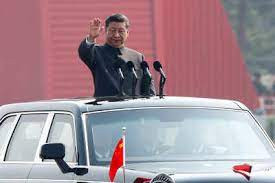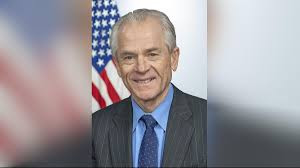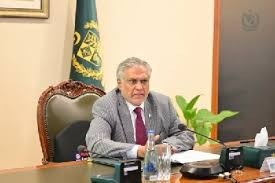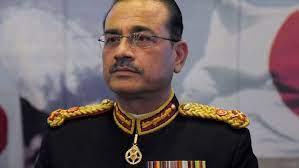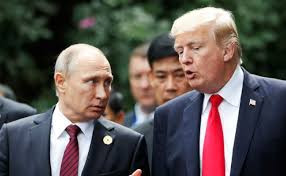India Sends Strong Message to Pakistan, Strengthens Ties with Afghanistan
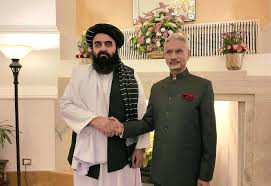
IIE DIGITAL DESK : New Delhi, October 10: India delivered a pointed and unmistakable message to Pakistan on Friday regarding its illegal occupation of Jammu and Kashmir, as External Affairs Minister S. Jaishankar met with Afghan Foreign Minister Amir Khan Muttaqi in the Indian capital. In a joint statement, Jaishankar referred to Afghanistan as a “contiguous neighbour,” underscoring India’s strategic interests in the region and sending a subtle warning to Islamabad.
The two countries share a narrow 106-kilometre land border through the Wakhan Corridor, a strategically significant strip that has recently drawn attention from global powers, including China. This corridor, connecting Afghanistan to the part of Kashmir under Pakistani control, makes the term “contiguous neighbour” particularly noteworthy. It served as a diplomatic signal highlighting India’s concerns over cross-border issues and Pakistan’s longstanding presence in the region.
“As a contiguous neighbour, and a well-wisher of the Afghan people, India has a deep interest in your development and progress,” Jaishankar said while announcing the full restoration of diplomatic ties with Afghanistan, including upgrading India’s mission in Kabul to a full-fledged embassy. The move marks a significant reset in India-Afghanistan relations, coming four years after the Taliban took over the country.
However, Jaishankar’s statement also carried a direct reference to the ongoing issue of cross-border terrorism. “Both India and Afghanistan face the problem of cross-border terrorism,” he noted, a remark that resonates strongly given the recent military activity by Pakistan in Afghanistan. Hours before the Jaishankar-Muttaqi meeting, the Pakistan Air Force reportedly conducted airstrikes in Kabul, claiming to target “terrorist safe havens” within the city. The strikes caused explosions that were heard across the capital, though the Taliban reported no casualties or damage.
In response, Muttaqi reaffirmed Afghanistan’s commitment to ensuring that its territory is not used for terrorist attacks against India. He emphasized that his government will not allow any group to carry out anti-India activities from Afghan soil. At the same time, he acknowledged India’s support during critical moments, including the devastating August earthquake that claimed over 2,000 lives and the COVID-19 pandemic, during which India supplied vaccines to Afghanistan.
“I am happy to be in Delhi, and this visit will increase the understanding between the two countries. India and Afghanistan should increase their engagements and exchanges... we will not allow any group to use our territory against others,” Muttaqi said. He further expressed Afghanistan’s desire for relations based on mutual respect, trade, and people-to-people exchanges, signaling a willingness to create consultative mechanisms to strengthen bilateral cooperation.
India’s diplomatic posture comes against the backdrop of its longstanding warnings to Pakistan over its occupation of Kashmir and ongoing support for terrorism targeting Indian citizens. The recent Pahalgam attack, which claimed 26 lives, is a stark reminder of the human cost of cross-border terrorism. Prime Minister Narendra Modi has consistently maintained that any dialogue with Pakistan must address only terror and the status of Pakistan-occupied Kashmir (PoK), asserting that “terror and talks cannot happen together… terror and trade can’t happen together… and terror and water cannot flow together.” Following India’s May offensive that destroyed nine terrorist bases in Pakistan and PoK in retaliation for the Pahalgam attack, the government reiterated its uncompromising stance on cross-border terror.
Through the joint statement with Afghanistan, India has not only reaffirmed its commitment to regional security but also signaled a firm, strategic stance toward Pakistan. The diplomatic strengthening with Kabul underscores India’s intent to engage proactively with its neighbours while continuing to press for an end to cross-border terrorism and the restoration of sovereignty over Jammu and Kashmir.
You might also like!


